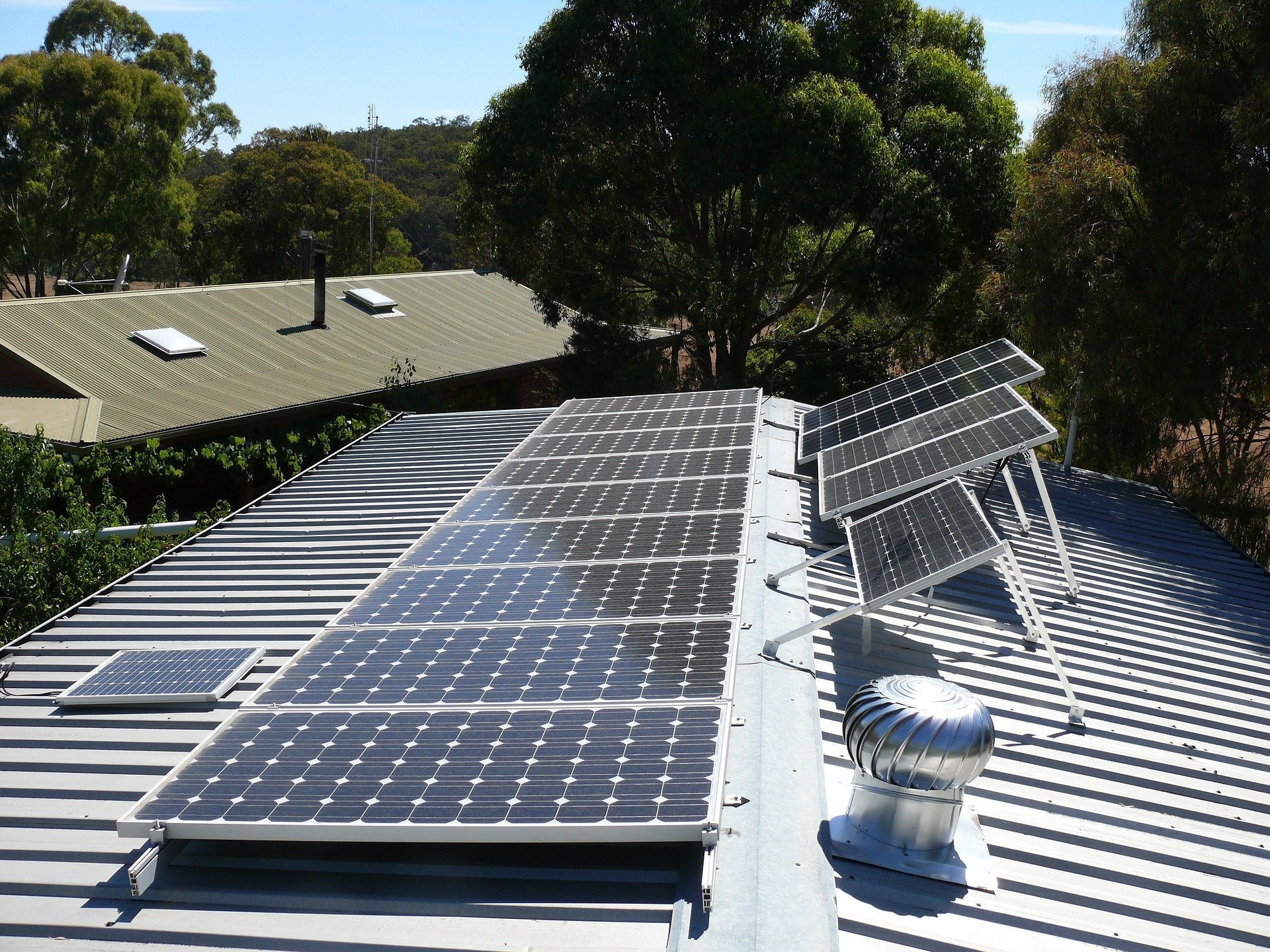In recent years, solar energy installation has become increasingly popular in the United States. Solar power is created when energy from sunlight is converted into electricity using either directly with photovoltaics, indirectly with concentrated solar power, or a combination of the two. With the help of the federal solar investment tax credit (ITC), solar energy in the US has grown exponentially in the past several years. The question still remains: what are the pros and cons of solar energy? This article offers some of the pros and cons of using solar energy conversions at home.
Pro: More Energy Control
Installing solar power for your home will result in you generating your own electricity, thus either reduce or eliminate your electricity bills since you will be less reliant on your local electric utility. Most solar panel systems have a lifespan of 25-35 years, which means you could save on electricity costs for decades. This is particularly cost-saving for homeowners in locations with rising electric costs, which has seen a steady incline by 15 percent in the last 10 years (EnergySage.com).
Pro: Make Your Money Back
In the US, there are a few solar incentives that can help you profit off your solar panel system including: solar renewable energy credits (SRECs), solar net metering, and the solar ITC. As mentioned above, the solar ITC allows you to deduct 30 percent from your federal taxes of the cost of installing the solar energy system. Solar net metering allows your energy utility to keep track of the ups and downs of solar energy you produce over the course of a year and even out your bills. SRECs are credits you get from an energy utility for producing solar energy. For every 1000 kilowatt hours the solar panel system on your house produces, you earn one SREC.
Pro: Protect the Environment with Energy Independence
Having a solar panel system installed on your home provides you with a clean, renewable source of energy that can help reduce carbon dioxide emissions normally generated from burning fossil fuels like coal and natural gas. Unlike with fossil fuels, solar energy doesn’t directly release pollutants like carbon dioxide into the atmosphere and water supply. In addition to protecting the environment, solar energy solutions help the US establish energy independence and saving more energy.
Con: Not for Every Roof
Solar panels don’t fit every roof, especially on older homes that have roofs with slate or cedar tiles. There is also a challenge to install solar panels on buildings with skylights or rooftop decks. Usually homeowners must get approval before they can legally install solar panels on their roofs.
Con: High Price Tag
How much you pay out-of-pocket for a solar panel system installation depends on your expected tax credits, rebates, and financing option. Without the help of state-backed loans, leases, and power-purchase agreements, coming up with the cash for a solar panel installation could pose a problem for you.
Con: Location is Key
Depending on your location, it can be tough to find quality solar installers. There are a variety of people who sell solar plans; from licensed corporations to door-to-door sales reps: regardless of the option, it can be a challenge to sign a 20-year solar contract with a company that is the only solar dealer within hundreds of miles. This can also cause trouble for homeowners looking to compare quotes on installations from different companies.
At Exterior Remodel & Design, Inc., we offer an experienced team of roofing professionals with knowledge on a variety of roofing services. For more information, contact the professionals at Exterior Remodel & Design, Inc. by phone at (402) 861-0000, by email, or by contact form.
Sources
https://news.energysage.com/residential-electricity-prices-going-up-or-down/

